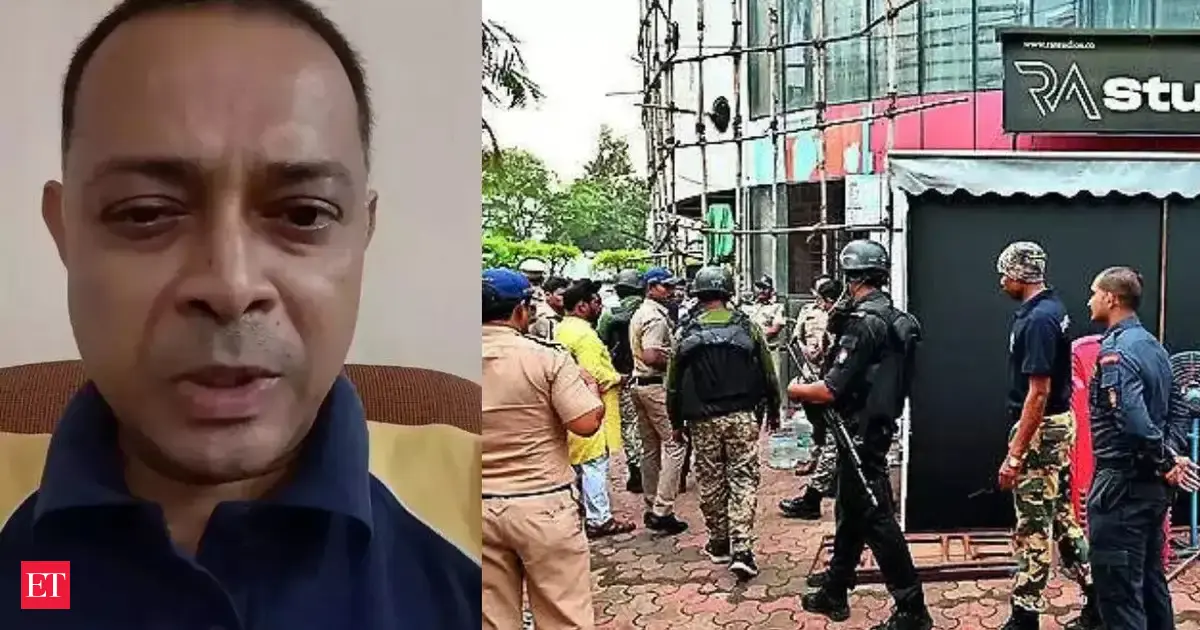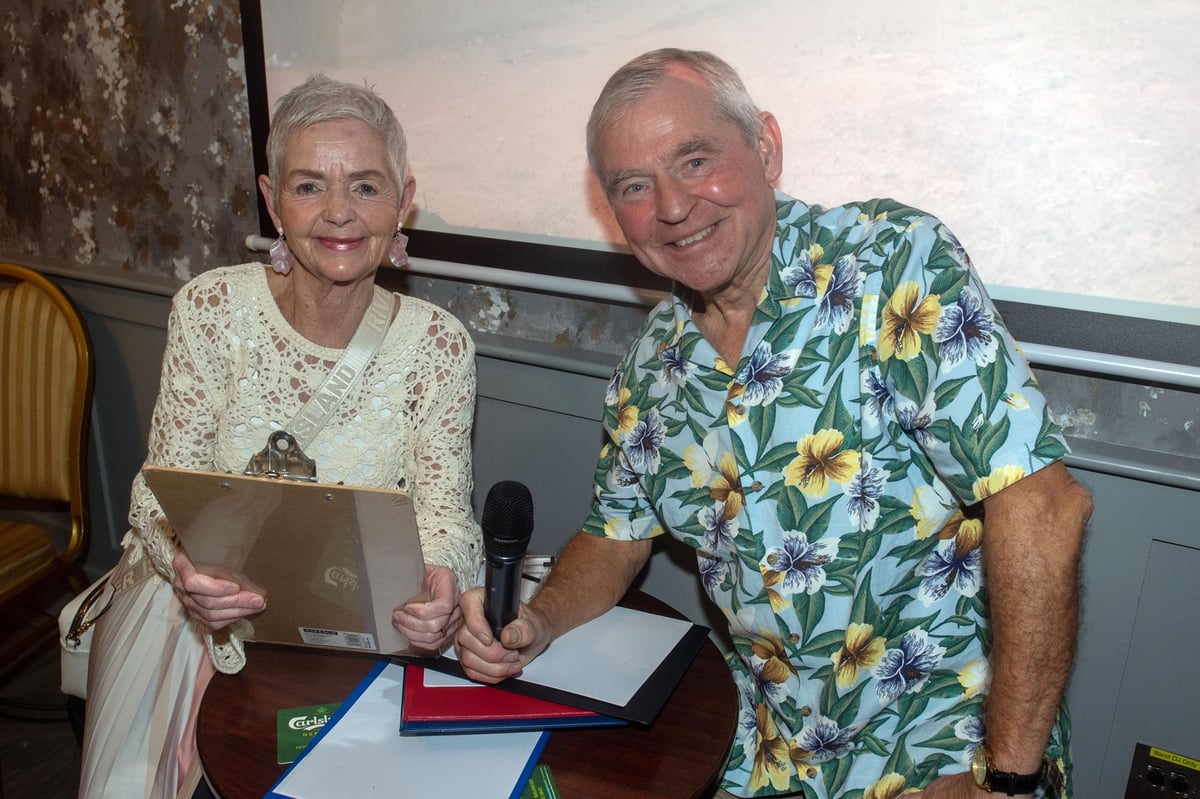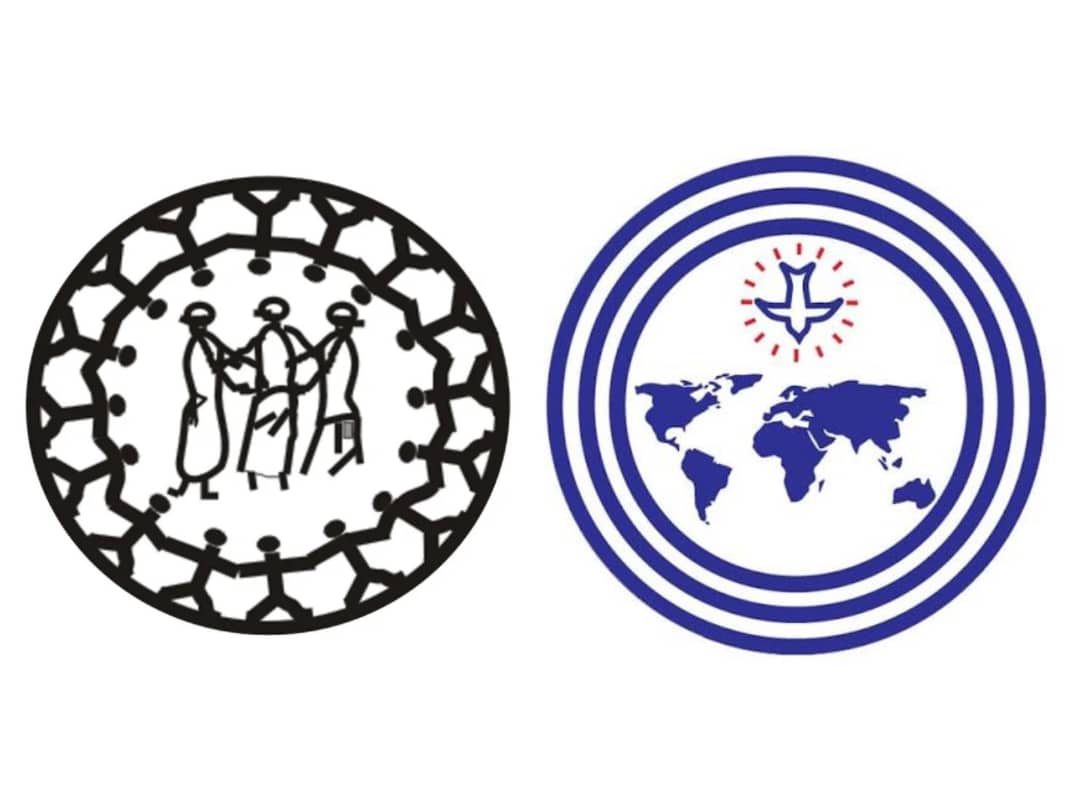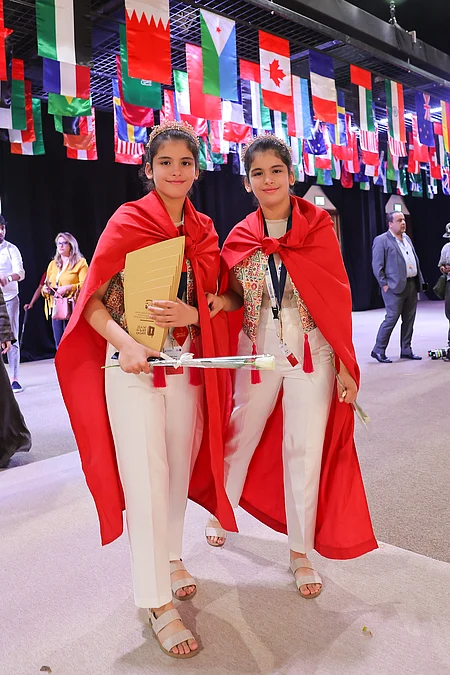Copyright Cable News Network
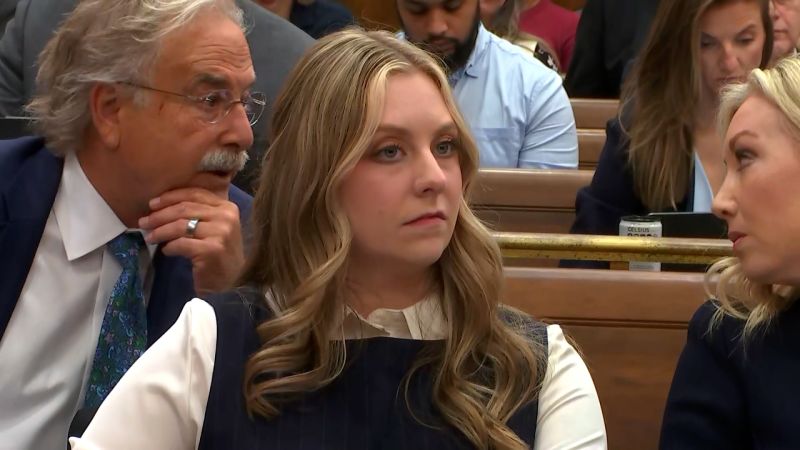
Final arguments will be made on Wednesday in the $40 million lawsuit filed by a former Virginia teacher who was shot by her 6-year-old student in a case that could set a dramatic precedent for who to blame when school shootings occur. Abby Zwerner is suing Ebony Parker, the former assistant principal at Richneck Elementary School in Newport News, who is accused of neglecting to act when multiple people raised concerns about the student having a gun on campus. Parker’s attorneys have argued that no one could fathom that a child so young would bring a gun to school and carry out a shooting. “You will be able to judge for yourself whether or not this was foreseeable. That’s the heart of this case,” attorney Daniel Hogan, said, the Associated Press reported. At the center of the lawsuit is who to blame when children have access to guns and carryout school shootings, a problem that continues to plague communities across the country. As of last week, there have been 64 school shootings in the US this year, 27 of which took place on K-12 school grounds. The civil trial offers a window to some of the key details that will be presented during the criminal case next month against Parker, who faces eight counts of felony child neglect. Injured teacher shared emotional testimony Zwerner described the physical and emotional consequences wrought by the shooting. After being shot in the chest and hand while sitting at a reading table, Zwerner thought she had died and gone to heaven. “I thought I was dying. I thought I had died,” she testified last week. The teacher now says she’s more reserved and sometimes gets overwhelmed at the thought of going out in public. Zwerner’s twin sister, Hannah, also testified how Abby’s demeanor changed after the shooting: She was full of light, outgoing and silly, but now “she’s just not the person that she was,” Hannah said during her emotional testimony earlier in the trial. Psychiatrist Dr. Clarence Watson testified last week Zwerner has suffered post-traumatic stress disorder after the shooting. Additionally, Zwerner’s devastating hand injury has left her unable perform daily activities. Despite six surgeries, Zwerner’s hand will never be normal, an orthopedic surgeon testified earlier in the trial. Previous testimony from doctors on her care team revealed Zwerner’s injuries were life-threatening after a bullet narrowly missed her heart. And the impacts extended beyond the physical damage, she testified. But during cross-examination, an attorney for Parker worked to undermine Zwerner’s claims that the shooting had limited her willingness to go out in public, saying she was emotionally ready to attend concerts like Taylor Swift’s Eras Tour. The attorney also sought to undermine claims Zwerner is physically hindered by her wounds, asking how she successfully attended and graduated from cosmetology school, worked and frequented a gym if she had physical limitations. Assistant principal did not act with indifference, expert testifies An expert for the defense testified Monday the assistant principal did not breach professional standards or act with indifference. Dr. Amy Klinger, an expert in education administration and school safety, said it would have been difficult for anyone to foresee the incident and testified the assistant principal’s role is collaborative and that school safety is a shared responsibility among all staff, not just one individual. “No one is the sole person responsible for school safety,” she said. Parker did not breach professional standards or act with indifference, Klinger said, and it would have been difficult for anyone to foresee the incident. Civil trial is “dry run” for what’s to come Filing charges against school officials in the aftermath of a school shooting is rare and this case could set a precedent for future events, said Darryl K. Brown, a law professor at the University of Virginia. He added the civil trial could be a “dry run” for what’s to come in the criminal case. “Everyone on both sides the prosecution and the defense should have a very clear idea of what the evidence is going to be and what the witnesses are going to say,” the professor said.
